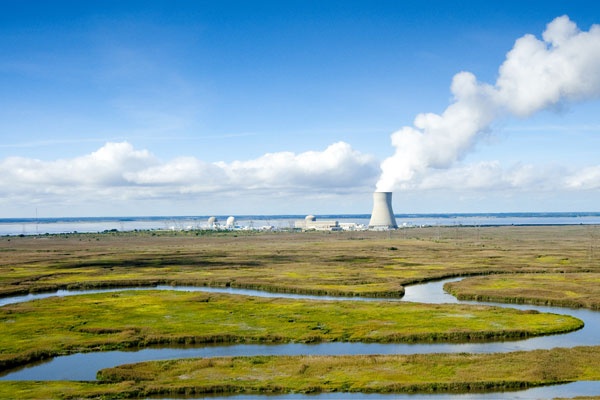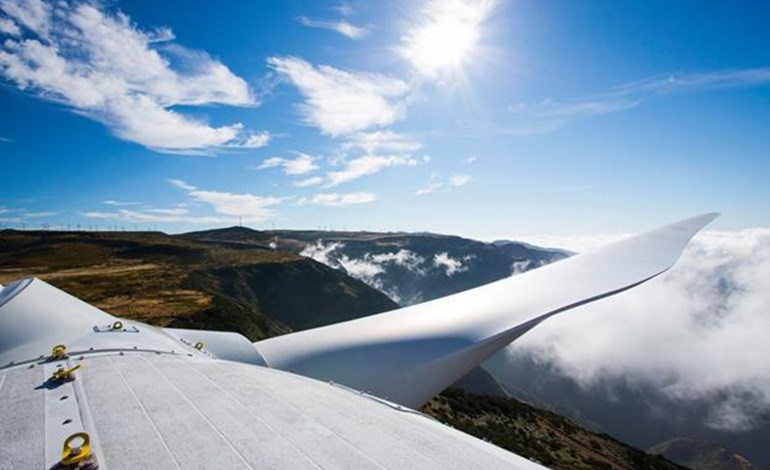April 4 NEC Energy News
¶ “PSEG Tells NRC It Plans On Renewing Licenses For Three South Jersey Nuclear Plants” • PSEG Nuclear LLC has notified the NRC that it plans to seek renewal of licenses for its three nuclear power plants in South Jersey. They provide nearly half the state’s electricity and are [claimed to be] integral components of New Jersey’s clean-energy goals. [NJ Spotlight News]

¶ “Russia Says Backup Power Line To Zaporizhzhia Nuclear Plant Has Gone Down” • A backup power line supplying the Russian-occupied Zaporizhzhia nuclear power plant in Ukraine has gone down, the Russian-controlled management of the plant said. The plant relies on external power to keep its nuclear material cool and prevent a catastrophic accident. [Reuters]
¶ “MIT Engineers Design Artificial Reef To Protect Coastlines And Marine Species” • MIT calls it an “architected” reef. It is a sustainable offshore structure engineered to mimic the wave buffering effects of a natural reef while also providing pockets of safety for fish and other marine life. It breaks up incoming waves, dissipating most of their energy. [CleanTechnica]
¶ “Renewables Failing To Keep Pace With Energy Demand” • A report from REN21 found that persistent obstacles prevent renewables from keeping pace with rising energy demand. This leads to an increase in greenhouse gas emissions. Renewables are increasing in the overall energy mix, but they are not replacing coal, oil, and gas at the pace required. [reNews]

¶ “EU Carbon Market Emissions Fall Record 15.5% As Renewable Power Soars” • Carbon dioxide emissions regulated under the EU’s Emissions Trading System fell by a record 15.5% in 2023 as renewable power output soared, the European Commission said. Around 45% of the EU’s output of greenhouse gases is regulated by the EU ETS. [Reuters]
¶ “Digital Battery Passports Coming to EU” • Starting in February 2027, every new traction battery, two-wheeled vehicle battery, and industrial battery with a capacity of over 2 kWh that is sold in the EU will need a digital battery passport. There are several reasons for this, including transparency and sustainability in the battery value chain. [CleanTechnica]
¶ “US DOE Releases First Ever Federal Blueprint to Decarbonize America’s Buildings Sector” • The Biden-Harris Administration just released Decarbonizing the U.S. Economy by 2050: A National Blueprint for the Buildings Sector. It presents the first sector-wide strategy for building decarbonization to be developed by the federal government. [CleanTechnica]
For more news, please visit geoharvey – Daily News about Energy and Climate Change.
